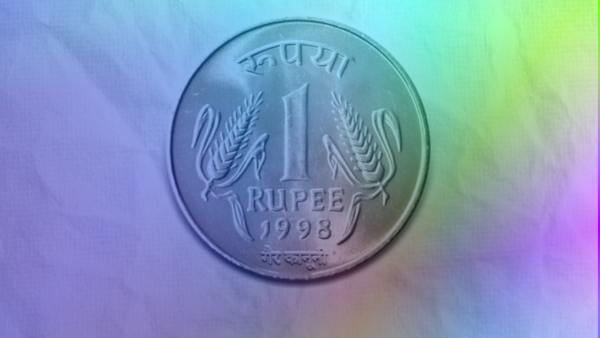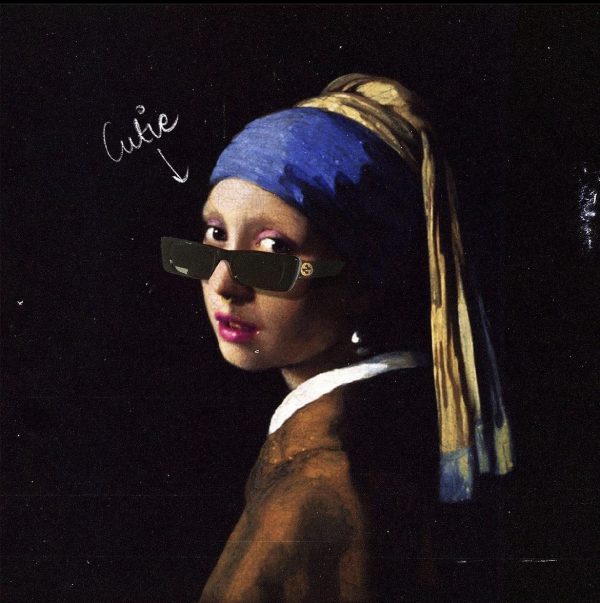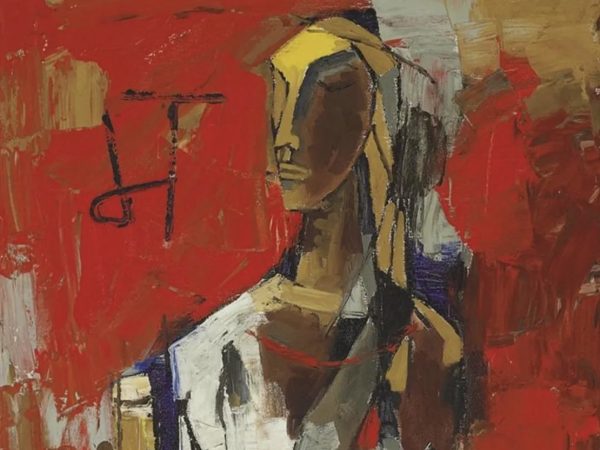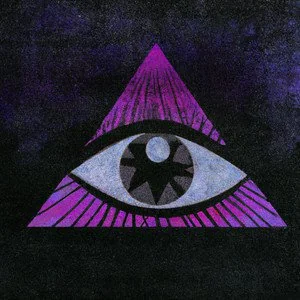In his latest single, Yoosh embodies the idea of transformation as much as he raps about it. The Delhi native is a genius at communicating the inner monologue, draping his personal reflections on life, love, and pain over unconventional, pulse-pounding backdrops. When your late-night musings are served up as beautifully and honestly as they are in ‘Agyaat,’ it’s enough to make you pause right in your tracks.
In a whirlwind through time, the 26-year-old musical maverick Piyush Panday, aka Yoosh, has overhauled both his sound and artistic identity. Even in 2019, he was channelling his creative thoughts into storytelling. Yet, it was 2022 that marked a turning point. With the release of ‘Toda Faatak,’ his debut studio effort, Yoosh shed his cocoon forever, revealing the metamorphosed form of his confident, full-bodied soundscape and reinvented sonic compass.
Holding its heliotrope spirit, ‘Agyaat’ skips the friendly hello; it plunges directly into Yoosh’s ever-expanding rhymes, leaping onto the stage with a hook supported by the gentle embrace of piano chords. Here, he unpacks what it means to face up to loneliness, seamlessly transitioning into a tone of challenge that he slips into as effortlessly as a second skin. As he glides atop the beat, he playfully teases with his slightly off-kilter scheme, which perfectly suits the song’s unorthodox structure. Just when you think you’re catching up, he expands on the mellow, softly sung sound as the instrumental builds into a subtle yet emotively strong ballad. A low-pitched vocal embrace with a purpose, inviting you to ponder the beauty of not always finding — or even desiring — the right answers for everything. This level of soul-searching isn’t confined to just this moment: ‘Buniyado ki buni yaadein’ dons a depth, as the artist sings along to the breezy melody, as though he is deep in thought.
Concluding the emotional tone in a hauntingly poignant fashion adds gravitas to the meaning of the song as a whole. What sets this record apart is the artist’s disinterest in finding any kind of solution to the endless questions that come with adulthood; instead, he accepts the growing pains that carve us.





